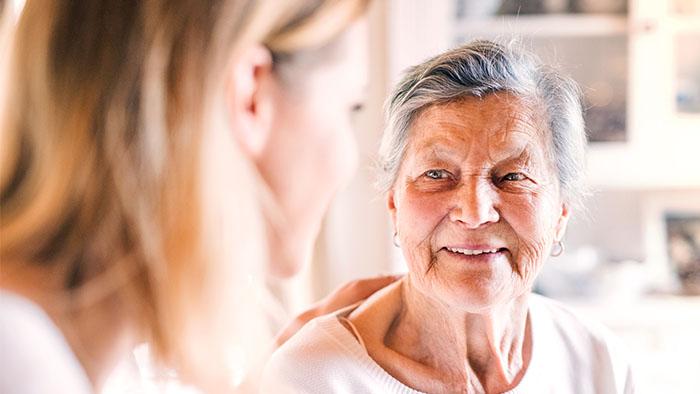31 Mar | 2020
International experts suggest measures for dementia care during COVID-19 pandemic

People living with dementia are particularly vulnerable to the COVID-19 pandemic
Dr José Luis Molinuevo, scientific director of the Alzheimer’s Prevention Program at Barcelonaβeta Brain Research Center (BBRC), has published a correspondence letter in The Lancet, together with Alzheimer’s Disease International and experts in the field of dementia. They suggest several measures for people living with dementia, as they are particularly vulnerable to the COVID-19 pandemic.
Some authors of the letter are scientists from Chinese hospitals, universities and research centers, who warn about the risks that could have people living with dementia, carers and professionals of the field due to the coronavirus and the current isolation measures in many countries. They also explain the actions that were taken in China to minimize the impact of the pandemic in this group of people.
According to the experts, people living with dementia have more chances to be infected by the coronavirus because they might have limited access to accurate information and difficulties in remembering safeguard procedures or in understanding the public health information issued to them. Furthermore, they can also present problems related to isolation, because whether they are living in their homes or in residencies, all the visits and social activities have been cancelled.
"The new environment can lead to increased stress and behavioural problems. Delirium caused by hypoxia, a prominent clinical feature of COVID-19, could complicate the presentation of dementia, increasing the suffering of the people living with dementia, the cost of medical care, and the need for dementia support”, say the experts.
At the beginning of the COVID-19 outbreak in China, five organisations, including the Chinese Society of Geriatric Psychiatry and Alzheimer’s Disease Chinese, released expert recommendations and disseminated key messages on how to provide mental health and psychosocial support. Multidisciplinary teams started counselling services free of charge for people living with dementia and their carers. According to the authors, these approaches minimised the complex impact of both COVID-19 outbreak and dementia.
Besides these measures, experts also suggest creating guidelines for reducing stress, such as relaxation or meditation exercise, and to habilitate telephone hotlines to provide support to people living with dementia and carers. They also encourage people who have a parent with dementia to have more frequent contact or spend more time with their parent, and to provide help to the carer.
Currently, dementia is also a pandemic which affects more than 50 million people worldwide and one new case occurs every 3 seconds.










